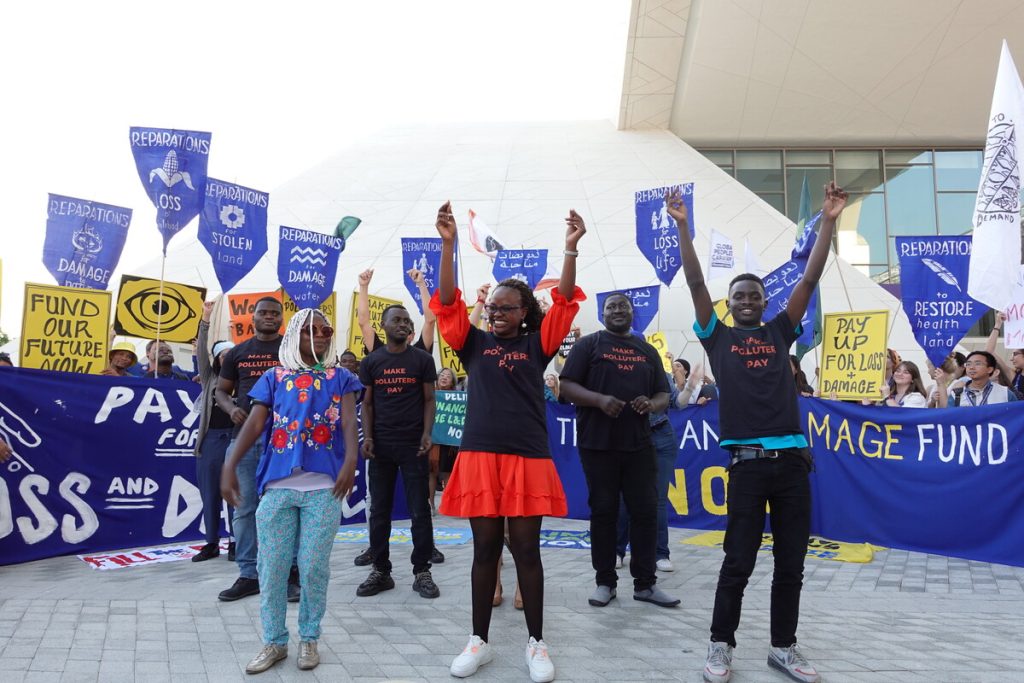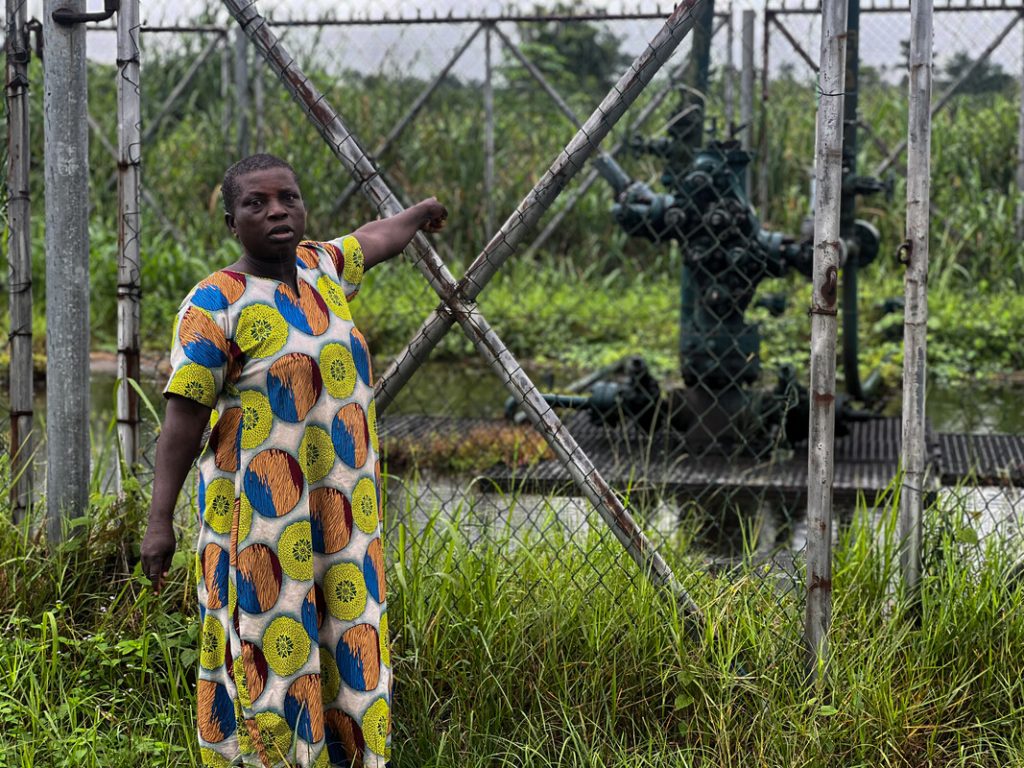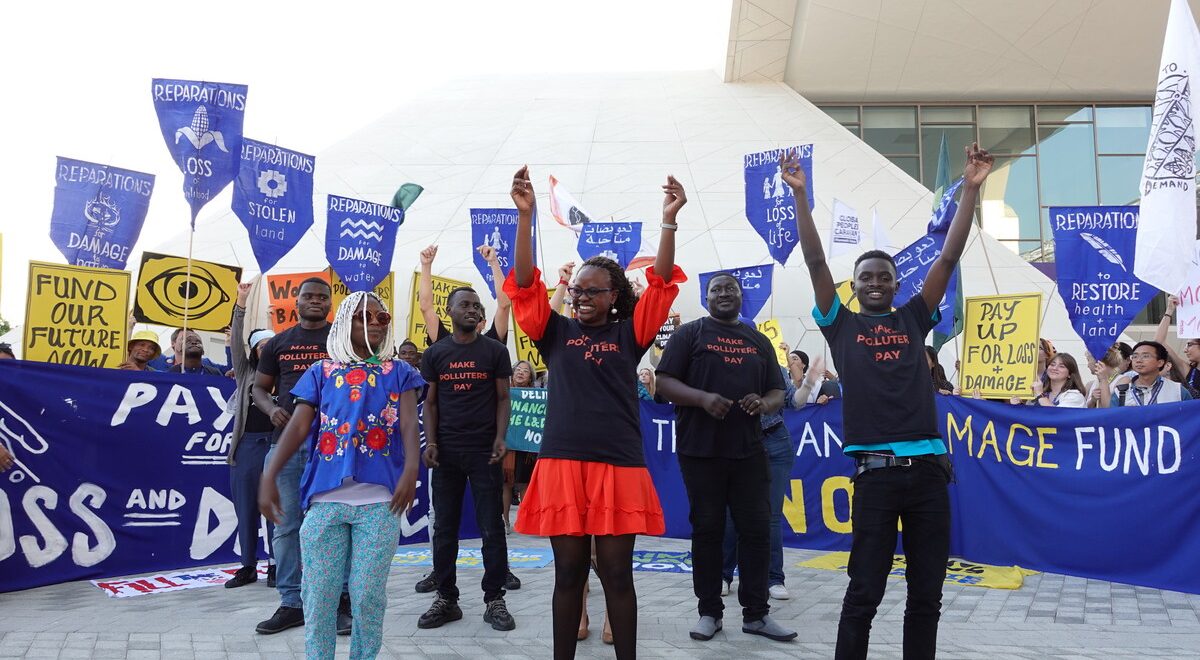New ActionAid research exposed the staggering financial support that banks have channeled into fueling the climate crisis. Shockingly, banks alone have poured over $3.2 trillion into fossil fuel projects in the Global South since the inception of the Paris Agreement in 2015 — a pivotal global commitment aimed at curbing carbon emissions and adapting to climate change impacts.
But the alarming figures don’t end there. The same financial institutions have also allocated a staggering $370 billion to the largest industrial agriculture companies operating in the Global South during the same period. So, in span of eight years post-Paris Agreement, banks have outpaced Global North governments, contributing 20 times more funds to fossil fuel and agricultural activities in the Global South. Brace yourself for the startling details that illuminate the disproportionate burden shouldered by countries on the frontlines of the climate crisis.

ActionAid delegates campaigning for increased financing to countries on the frontlines of the climate crisis at COP28 in December 2023. Photo: Jess Midwinter/ActionAid.
Global South playing host to destructive developments for corporate profit
Countries in the Global South are experiencing a surge of fossil fuel and industrial agriculture projects, including coal mines, gas wells, oil pipelines, coal-fired power plants, and monoculture plantations blasted with agrochemical and pesticides that are fossil fuel based. These projects often lead to conflicts over land and water, cause premature deaths, destroy ecosystems, poison rivers and lakes, and drive up the climate change impacts already devastating their communities.

Finegirl points to a Shell oil-well on her family’s land in Erhobaro, Nigeria. Shell promised Finegirl’s mother that she would be “financially taken care of for the rest of her life” in exchange for her land. Fifteen years later, Finegirl’s mother still hasn’t received a single dime from Shell and the well has wreaked havoc on her community’s health and prosperity. Photo: Daniel Jukes/ActionAid.
Financing fossil fuels and industrial agriculture also risks locking Global South countries into building expensive and debt-dependent infrastructure that will quickly become outdated, rather than investing in sustainable opportunities for development like renewable energy and agroecology.
A Global North government tax on the windfall profits of fossil fuel companies and their funders could finance the mitigation, adaptation, and transition of Global South countries that are already being ravaged by climate-related impacts. Since this idea was initially introduced by the UN Secretary-General at COP27 in the fall of 2022, only some EU member states, the UK, and a few Latin American countries, have introduced some forms of temporary and often limited windfall taxes on fossil fuel companies.
In this urgent era of climate change, public funds must be scaled up and channeled in the public interest. Stay tuned as ActionAid continues to sound the alarm.
